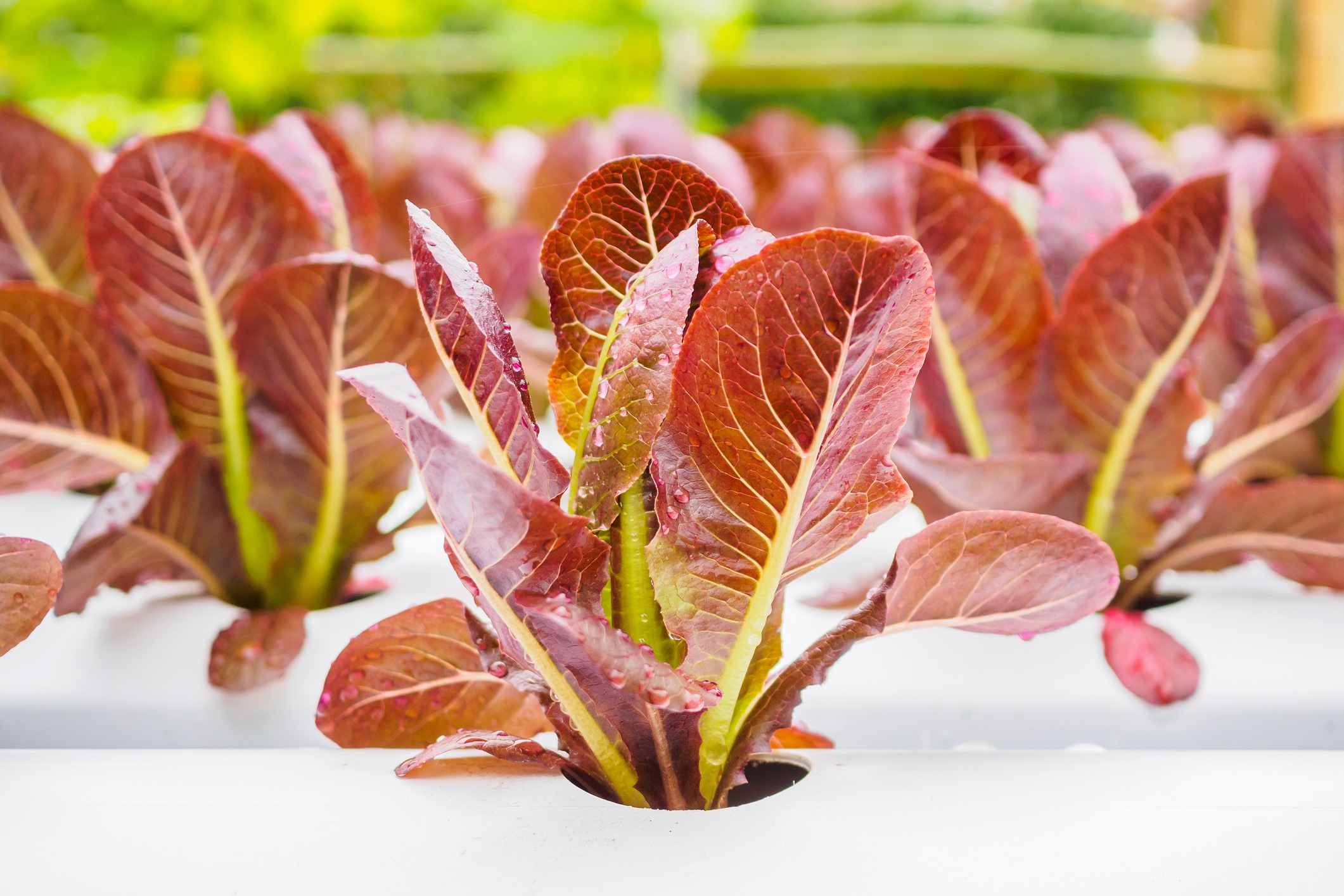Fifth Season (originally founded as RoBotany) has come out of stealth mode with $35 million in funding and plans to build its first commercial-scale indoor vertical farm to be located outside Pittsburgh, in a historically steel-focused town called Braddock. The startup is planning a staged expansion in other similarly-sized cities throughout the US.
“The first reason we chose Pittsburgh is that Carnegie Mellon has the number one school in computer science and robotics,” Austin Webb, co-founder and CEO, told AFN. “Traditional vertical farms struggle to make economics work and its a big reason why vertical farming, which has the ability to solve problems, hasn’t expanded. We see robotics as the answer to the lack of a fully integrated solution. We are staying in Pittsburgh because of the wonderful tech talent hub.”
The company was incubated at Carnegie Mellon University’s Swartz Center for Entrepreneurship, which constitutes an alliance of CMU’s business, robotics and other schools focused on supporting innovation. It honed its technology through two R&D vertical farms in Pittsburgh’s South Side neighborhood.
The leafy greens produced in the test farms are sold at local retailers like Giant Eagle and Whole Foods as well as local restaurants like Kahuna, Superior Motors, and honeygrow. The company will sell produce from its flagship Braddock location to grocery stores and restaurants in Pittsburgh.
During its quiet time, Fifth Season created an indoor farming system that uses some 40 robots to streamline almost every aspect of a vertical growing operation. This includes storage, retrieval, harvesting, integrated pest and disease management, scouting, seeding, media packaging, and more, according to Webb. Humans are still involved in the process, orchestrating the robotic army with specific growing recipes or other defined tasks.
The robots are essential to the startup’s business proposition, which aims to alleviate the biggest issue for the profitability of indoor farming, as they see it. In traditional vertical farms, requiring humans to climb several stories to retrieve heavy trays not only creates issues with time and efficiency it also creates safety hazards.
“Traditional vertical farms have anywhere between 40% to 60% in labor costs. At the full-scale vertical farm we are about to launch in Braddock we are down to 20%. With traditional vertical farming, labor by itself has been more expensive than the total, fully-delivered cost of field-grown produce.”
By reducing their overhead and margin, Fifth Season is able to offer produce at competitive prices. The way the startup differentiates its offering is by highlighting the hyper-local, fresh, and pesticide-free aspects of its produce.
While the startup sees serious promise in robotics’ potential to crack labor challenges, the company is aware of other challenges that are still being discussed in the indoor agriculture space. Some critics have suggested that indoor ag is limited in its ability to grow a sufficient variety of produce, while others have pointed to high water usage.
“The industry has a number of challenges it needs to solve and we are big on having authentic and honest conversation about that while collaborating across the industry for solutions,” Webb explains. “One is energy and we are continuing to look at that. Our farm in Braddock has a microgrid system, partially solar-powered, and we do peak shaving. But we want to take it further. We think about our carbon footprint and sustainability from a 360-degree view.”
To date, Fifth Season has raised over $35 million led by Drive Capital and private investors with close ties to CMU, according to the startup. The venture capital firm is focused on supporting growth in the Midwest and is led by two former Sequoia Capital employees, former investor Chris Olsen and former partner Mark Kvamme.
“We were intentionally quiet for the first two years because we wanted to keep our nose to the grindstone and make something that is profitable. To be frank, there is a lot of noise in this industry and I think there have unfortunately been discussions that have led to a lot of confusion. It hasn’t always been consistent or accurate.”





